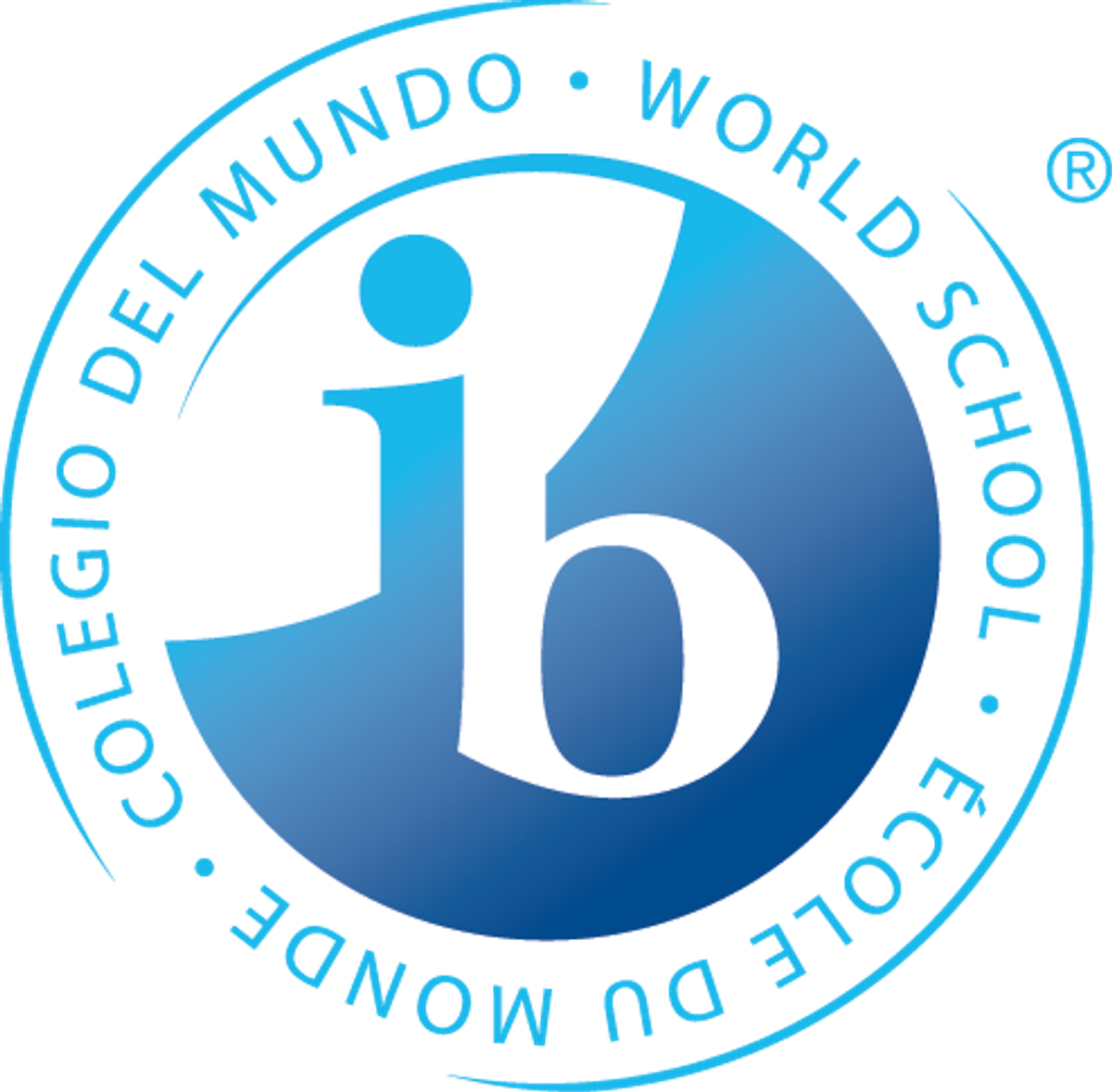Curriculum News, Year 5
Term 1, 2024

Curriculum News, Year 5
Term 1, 2024
We are looking forward to an exciting Term with the House Swimming Carnival, Student Agency Team elections and Summer Interschool Sports program.
WHO WE ARE
Different perspectives influence the way people treat each other.
Lines of inquiry
Key Concepts Perspective & Responsibility
Related Concepts Change & Reflection
Approaches to Learning Social Skills & Communication Skills
WHERE WE ARE IN PLACE AND TIME
Past events shape the present and the future.
Lines of inquiry
Key Concepts Causation & Change
Related Concepts Form
Approaches to Learning Research Skills & Self-Management Skills
Reading
The focus during literature studies is to appreciate the techniques that the author and illustrator use to convey a message and/or tone. Reading in class and at home is intended to build reading stamina and to encourage consistent reading habits.
The literature studies will aim to connect with the Units of Inquiry. The Year 5 Literature Program incorporates the DAILY 5 Framework and the CAFÉ strategies to bolster reading comprehension, accuracy, fluency and expansion of vocabulary.
These strategies will also be supported by our reading group sessions with the students where we will explore a variety of literature. We will investigate different character perspectives in a variety of mentor texts helping students to relate to others and be open minded.
Our writing program will be supported by the ‘Writing Workshop’ which follows the Writing Process of; Prewriting, Drafting, Teacher Conference, Peer Conference, Revising, Peer Editing and Publishing. Specific attention will focus on the Writing Traits of; ‘Ideas’ ‘Voice’, ‘Word Choice’ and ‘Organisation’ within Persuasive and Narrative text types.
The Writer’s Notebook will also be used to encourage free writing and the development of ideas or techniques that support our core writing program.
Our writing this term will focus on persuasive writing techniques, with emphasis on developing strong arguments supported by clear explanation and evidence.
The SMART Spelling Program determines part of our weekly spelling focus, as well as vocabulary related to units of inquiry. We focus on further expansion of vocabulary and word knowledge through student choice with the selection of words that are relevant to the weekly spelling focus. Daily classroom and homework activities reinforce the spelling program.
Student writing will integrate punctuation, tone, emotive language, accurate spelling, and including interesting word choice to enhance their writing pieces.
Number and Algebra
Our main focus for numeracy this term is on number and place value. The areas covered include recognising and ordering numbers to at least hundreds of thousands, factors and multiples, multiplication and division of large numbers by one- or two-digit numbers, number patterns using branching and repetition and solving and sharing solutions to worded problems with multi-steps. We begin each lesson with revision, a ‘Number Talk’ or related maths game to build their mathematical literacy and confidence.
Measurement and Geometry
This term the students will be investigating the surface area and perimeter of various regular and irregular shapes, the volume and capacity of prisms using familiar metric units, identifying and measuring angles with using a protractor, and using grid references to describe locations on a map.
Student wellbeing and inclusion will be addressed through The Resilience Project and Respectful Relationship lessons to build positivity, acceptance, gratitude, empathy and mindfulness.
The Cyber Safety sessions guide us in discussing aspects relating to the self-management of privacy and security online and how to be responsible users of digital technologies.
The Zones of Regulation, developed by Leah Kuypers, is a systematic framework that helps individuals, especially children, understand and manage their emotions. It categorizes emotions and states of alertness into four color-coded zones: Blue Zone (low alertness), Green Zone (optimal alertness), Yellow Zone (heightened alertness), and Red Zone (extremely high alertness). By fostering emotional awareness, teaching self-regulation strategies, creating a Zones-friendly environment, and using visual supports, we empower children with essential skills for emotional well-being and self-control.
Swimming Carnival – February 27
Curriculum Day – March 8
Labour Day - Monday 11
School Photos – March 12
NAPLAN - March 13–25
School Fete – March 23







